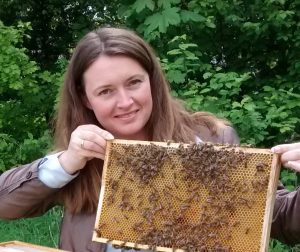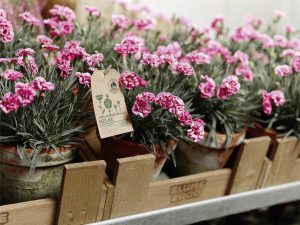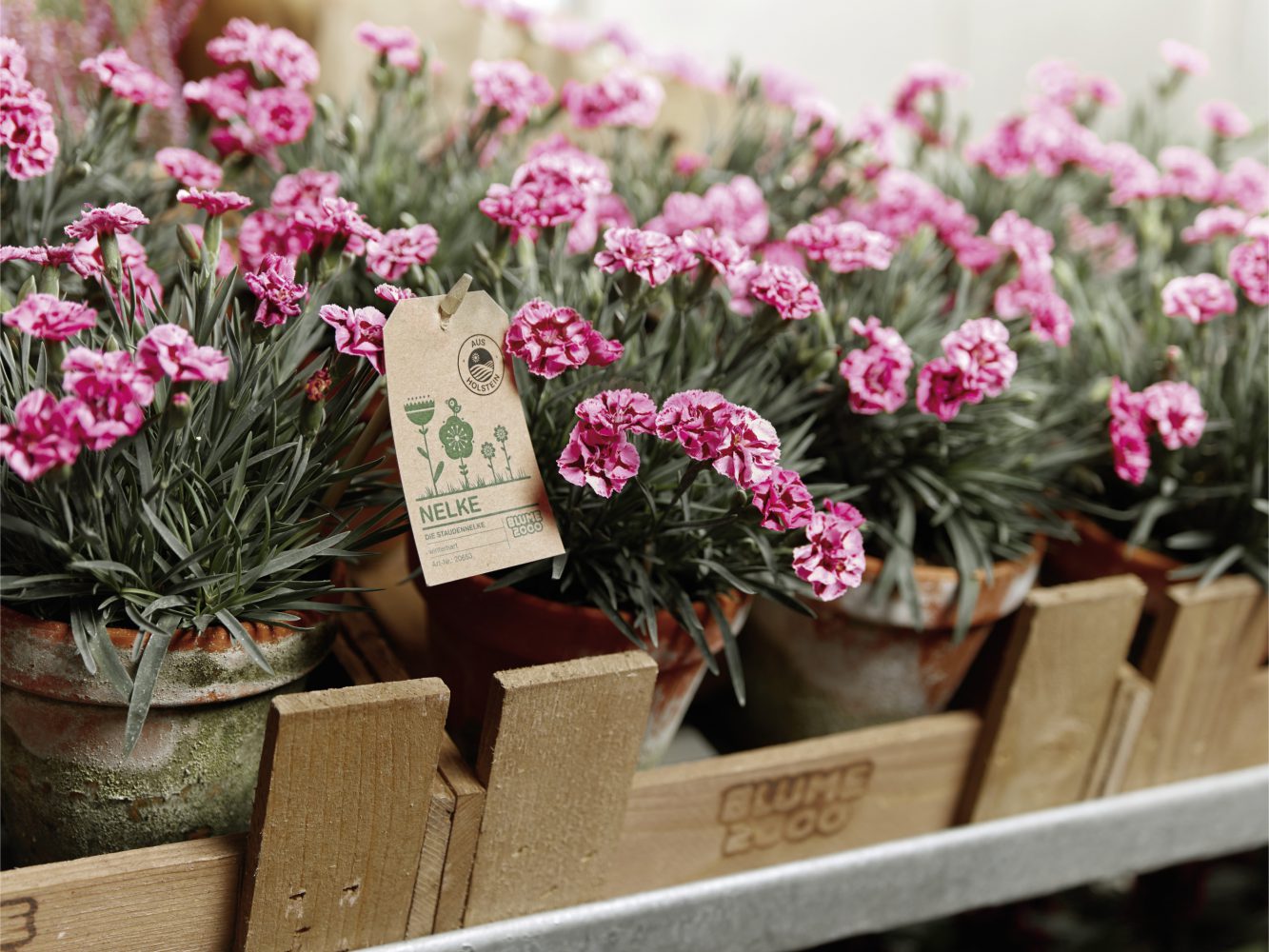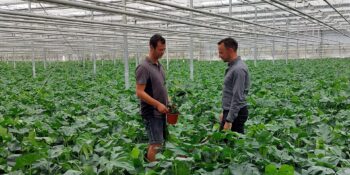
Ina Reinders, Manager Corporate Responsibility at BLUME2000
They have flower shops all over Germany and they deliver personalised products right to your doorstep. With their wide range of garden and house plants, decorative items and bouquets, they have been the market leader in the sector for more than fifty years. Many products are organic, obtained through fair trade and produced in a sustainable and bee-friendly way. This year, the mandatory certification for the growers affiliated to BLUME2000 was also introduced. Ina Reinders, Manager Corporate Responsibility, explains why this step has been taken.
What role do certifications play at BLUME2000 and why?
“Certifications are not a panacea for us and no guarantee for more sustainability. But good programmes can actively support horticultural companies in their development towards even more sustainable production. At the same time, certification can improve transparency in the supply chain and strengthen trust. Certainly in a globalised world it is important to be transparent and to make agreements. Ultimately, certifications such as MPS-ABC complement and confirm the information we already receive through personal contact with our growers.”
As of this year, there is a certification obligation for suppliers of BLUME2000. Why do you think this is the right time to introduce this?
“We notice a growing interest among our customers in the origin of our products and what the cultivation process looks like. This requires transparency about how a product is made. Our goal with the certification requirement is that all our products have at least one sustainability aspect, so that our customers can shop with us with peace of mind.”
BLUME2000 encourages growers to record their usage using MPS-ABC environmental certification, why?
For us, the strength of MPS-ABC lies in the measurability of the results and the insight into the further development of the companies with regard to sustainability. In our world of unequal distribution and growing usage, it is important to be aware of finite resources. By recording the usage of crop protection agents, fertilisers, energy, waste and water, companies can measure what they use and compare themselves with companies that grow under the same conditions and with a similar crop. This encourages continuous improvement. In addition, the progress of the floriculture sector as a whole can be made visible in society.”

What else does BLUME2000 do in the field of sustainability?
“Within our company I focus in particular on making the company more sustainable as Manager Corporate Responsibility. This position has been around for ten years. With our ‘green DNA’ and our enthusiasm for the beauty of nature, responsible handling of the environment is in our blood. We have been running all our locations on green energy for a long time, are reducing packaging or switching from plastic to paper, use reusable buckets for cut flowers, grow more plants in clay or biodegradable pots and we separate and recycle our waste.”
“In 2014 we founded the Flowers4Bees association, with members in Germany and Scandinavia. The association focuses on improving the living conditions for bees and other insects. Since 2019, we have been sponsoring organisations that plant trees by giving away free seeds. More than 3 million m2 of flowering meadows have been planted. In addition, as a company, we have been keeping bees for seven years. With our sponsorships, nearly 50,000 willow seedlings have been distributed to tree planting organisations. This winter we will start major tree planting projects in collaboration with local authorities in the context of promoting biodiversity. In November and December 2021, we reserved three percent of the profit to finance future projects that promote biodiversity. Our heart beats for the bee.”



